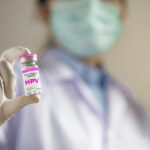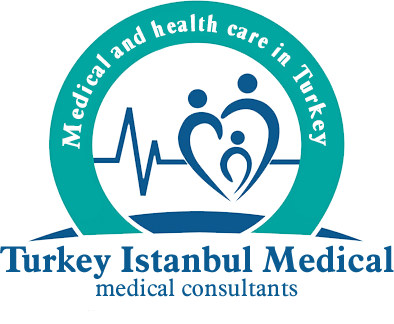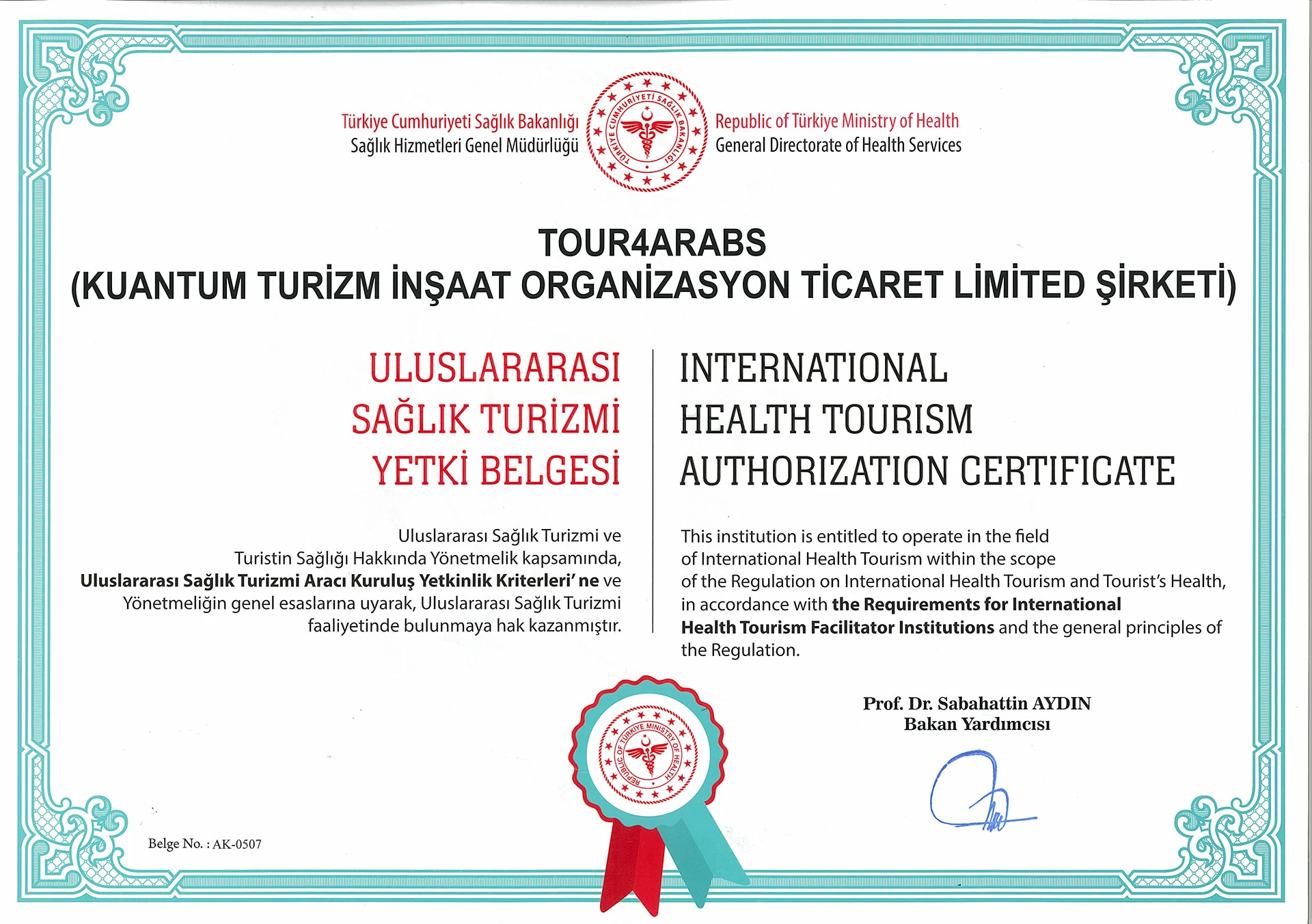Oral Thrush: What Is Thrush in the Mouth?
It is a type of disease that occurs as a result of the accumulation of the fungus called Candida albicans, more commonly called oral thrush, on the oral mucosa. This condition usually causes white-colored lesions on the tongue or on the inner surfaces of the cheeks.
If you scrape your tongue regularly, these lesions may be painful and even bleed slightly. If thrush is left untreated, it can also affect other areas of your mouth, such as the back of the throat, tonsils, gums, and palate.
Although oral thrush can affect any part of the population, it is more common in people with compromised (or weakened) immune systems, people using prosthetics, people using corticosteroid inhalers (respirators), or infants.
Oral thrush also occurs in people who are undergoing chemotherapy or radiation therapy, have documented persistent dry mouth (xerostomia), or smoke.
What Causes Thrush in the Mouth?
Oral thrush can occur for a number of reasons. The weakening of the immune system (due to illness or drugs such as prednisone) or the use of antibiotics that can change the balance of naturally occurring microorganisms in the body are among these reasons.
Natural, protective mechanisms can weaken, causing the balance between “good” and “bad” microbes to shift dramatically in some way.
Normally, the immune system tries to repel harmful viruses or bacteria.
But this becomes difficult when the immune system is weakened, which can allow the development of the fungal disease that causes oral thrush to increase.
Vaginal yeast infections, diabetes, most types of cancer, and diseases such as HIV/AIDS are all conditions that weaken the body and make it more susceptible to oral thrush.
Oral Thrush in Adults with Weakened Immune System
Oral thrush can spread throughout your body, affecting the lungs, liver, and digestive system. If the infection spreads to the intestines, it can lead to malnutrition and make you weak.
Depending on the severity of the infection you have, your doctor may prescribe antifungal medication in the form of tablets, lozenges, or mouthwash designed to swallow.
Also, your doctor may prescribe amphotericin B, which is often used for late-stage HIV infection and infections that are resistant to more common antifungal drugs.
Since some antifungal medications can cause liver damage, your doctor will likely do a blood test and monitor your liver function.
This also applies if treatment is expected to take longer than usual or if you have a history of liver disease.
Oral Thrush Symptoms in Children and Adults
In some cases, symptoms of oral thrush may not appear immediately. In turn, signs and symptoms may begin to appear suddenly on you.
Here are some signs that you may be experiencing thrush:
- White, creamy lesions appearing anywhere in the mouth
- New pains during normal mouth movements
- Bleeding when lesions are scraped or rubbed
- Cracking or redness in the corners of the mouth of people using prostheses
- Dry Mouth
- Bad taste in the mouth when eating or drinking
While most cases of oral thrush are in the most visible area of the mouth, the lesions can spread into the esophagus. This may make it difficult for you to swallow or you may feel like food is stuck in your throat. This is seen in some of the most severe cases.
If you are experiencing any of these symptoms, you should contact your dentist or family doctor for immediate treatment.
While you’re waiting to be treated, you can try eating unsweetened yogurt to ease the pain you’re feeling. Try eating unsweetened yogurt or taking an Acidophilus capsule.
While this is not considered an actual cure or cure, it can help restore your body’s normal bacterial flora levels. If the infection persists, your doctor may prescribe a medication or antibiotic to support it.
Oral Thrush Symptoms in Babies and Nursing Mothers
If a baby has oral thrush, the baby may have trouble feeding or may be more whiny and irritable than usual. If the baby has oral thrush, he will likely have white lesions in his mouth.
Mothers should be careful because oral thrush can be passed on through breastfeeding. If the baby infects the mother and then recovers, the mother may unintentionally re-infect the baby.
If you are a breastfeeding mother, be alert for the following signs and symptoms:
- Unusually itchy, tender or red nipples
- Shine or exfoliation on and around the nipple
- Unusual pain while breastfeeding or feeding
- Deep, stabbing pain in the breast itself
If these lesions appear in your mouth or your child’s mouth, make an appointment with your doctor or dentist immediately. In older children or adolescents, seek medical advice as a possible underlying disease may be diabetes.
In this case, doctors can use a variety of methods, as the type of treatment should involve both the mother and the baby. To start, your doctor may prescribe two medicines: a cream for your breasts and another medicine for your child.
If you are a breastfeeding mother, use a breast pad to help prevent the infection from spreading to your clothing. Avoid breast pads with plastic strips as they can lead to increased infection.
If your pads are not disposable, be sure to wash them (and your bras) in hot water with bleach to prevent the spread of oral thrush.
If your child is both breastfed and uses bottles and pacifiers, be sure to wash everything he puts in his mouth in an equal amount of water and vinegar solution every day. After cleaning, dry them outdoors to prevent fungal disease from developing. This should also be done for any breast pump materials you use, and especially any parts that can be easily disassembled for cleaning.
Meeting with the Doctor or Dentist
By now you have determined whether you have an oral condition that should be reviewed by a medical professional. Keep a list of the symptoms you are experiencing, including any that may seem irrelevant; your medical professional will know if they are linked.
This includes recording non-medical events such as experiencing more stress than usual, things that cause that stress, or whether you are around people with compromised immune systems.
You will need to make a list of medications you use to share with your doctor. In addition, write down any questions you would like to ask your doctor or dentist.
This method can help you get answers to all the questions you are looking for and will make you feel more satisfied with your appointment regardless of whether you have thrush in your mouth.
Continue
Your doctor may ask you some questions in order to clearly define your possible discomfort based on the symptoms that he has witnessed before and that you have described to him.
Be as sincere and honest as possible in your answers so that you can overcome this ailment faster and with less complications.
If your doctor can’t diagnose it just by looking inside your mouth, he or she will definitely take a small sample from you and either examine it himself or have it sent out for another test.
If the infection has spread beyond the nearest part of the mouth and into the esophagus, your doctor will likely run you a few tests. First, your doctor will clean the back of your throat and take a culture sample to determine which bacteria or fungi (if any) are causing your symptoms.
He or she may then perform an endoscopic examination, where doctors do an endoscopy (or flexible light tube) to examine the esophagus, stomach, and upper part of the small intestine to see how far the infection has spread.
How Thrush Passes, What Should Be Done?
If you’re already in the midst of an outbreak of oral thrush, adopting good oral hygiene habits such as brushing your teeth twice a day and flossing at least once a day can help remove excess food and drink residue from or between your teeth.
Instead of using a standard mouthwash, you can dissolve half a teaspoon of table salt in a glass of warm water. Then rinse your mouth with this mixture, gargle for two minutes and then spit.
Oral thrush is contagious and can spread deep within the body.
Therefore, it causes serious damage and prevents you from eating properly due to the uncomfortable conditions in the body.
If you think you are experiencing one or more of the symptoms, contact your dentist immediately for a second opinion. When noticed in time, your dentist can help you relieve symptoms and stop the infection.






